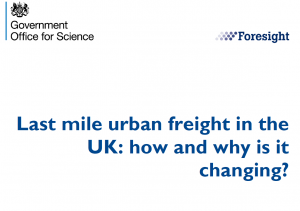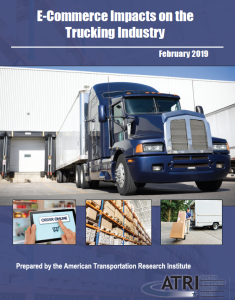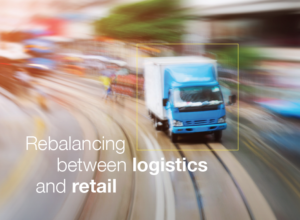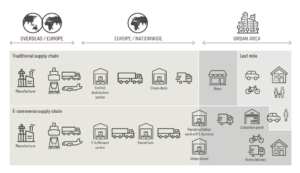Tag «e-commerce»
US research: e-Commerce impacts on the trucking industry
Capgemini: food last-mile delivery options not sustainable for retailers
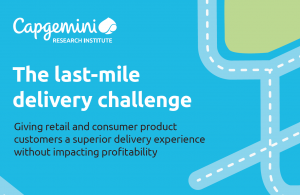
A study by Capgemini’s in-house digital think tank has revealed that 97% of retailers believe that existing methods of last-mile delivery options are not sustainable. Companies in the food and grocery segment have to catch up with consumer demand for better and faster last-mile delivery services while at the same time mitigating associated profitability risks.
E-commerce is changing the landscape in logistics real estate
US Brookings research: e-fulfilment is coming into our cities
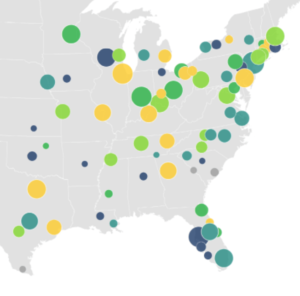
Brookings is reporting about where will online orders get fulfilled? The changing local geography of e-commerce. Brookings: “As the brick-to-bits transition continues, it’s not enough to just count job and output changes. It’s equally important to know where e-commerce jobs are emerging, especially as it relates to more traditional retail locations”.
MIT: e-commerce spurs innovation in last-mile logistics

We are seeing a growing body of research into last-mile logistics for delivery of products in cities. The growing congestion of cities and the explosion in e-commerce home delivery have challenged traditional last-mile logistics strategies that have focused on point-of-sale delivery. “In the city, shipments are typically much smaller and more fragmented than in regional transport,” …
Research: evaluating parcel locker systems in a car dominant city
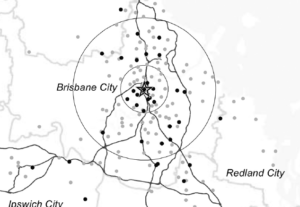
Automated systems enabling customers to pick-up e-purchased goods from designated 24/7 Parcel Locker pickup points are proliferating. While they offer the promise of improved access to goods and reduced travel for consumers and delivery vehicles, the integration of these systems in cities, and their impact on access, generally and by mode are understudied.
B2C Europe research on green and social delivery
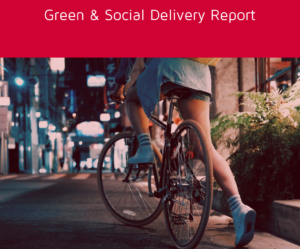
The increasing number of online purchases also causes an increase in deliveries, delivery options, and higher consumer expectations. Extra pressure is being put on the already complex last mile. To overcome this pressure, new initiatives are being developed, including the concept of Green and Social Delivery.
Research: who is the online shopper in Belgium?
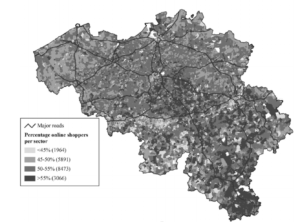
The widespread adoption of e-commerce is impacting a range of stakeholders. Retailers are expected to sell online, logistics operators and parcel companies are required to reconfigure their supply chain and public authorities try to keep local retail competitive while simultaneously attempt to manage the increase in freight transport.

